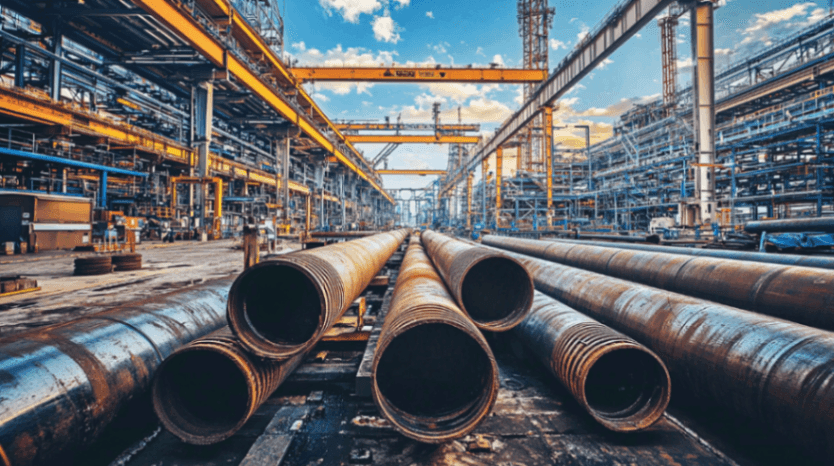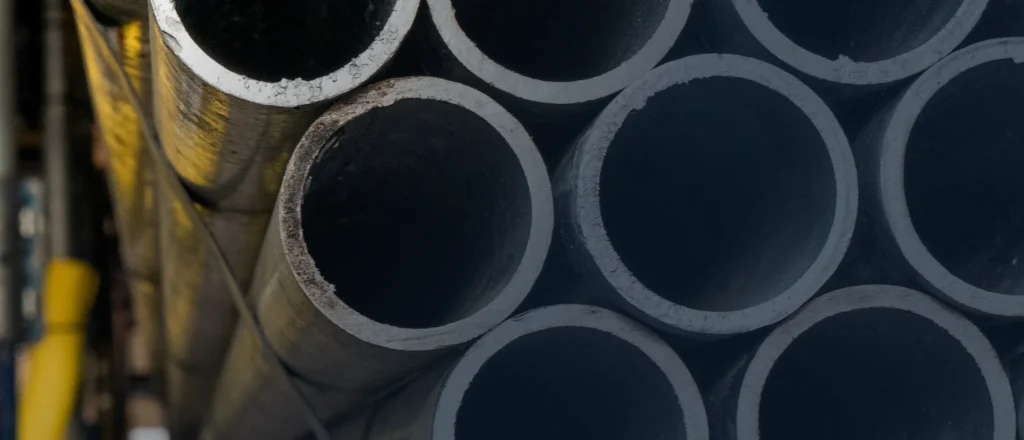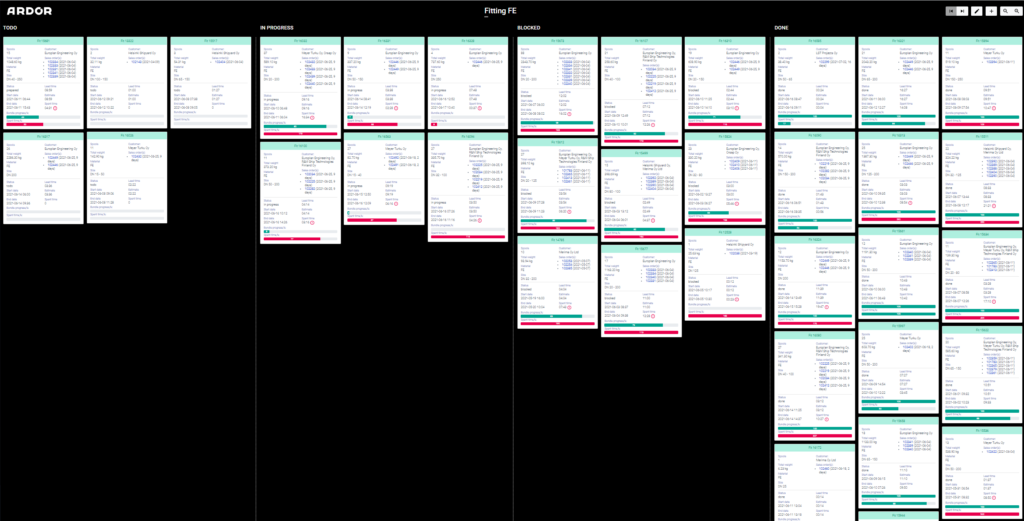How does a cloud-based MES benefit pipe fabrication workshops?
A cloud-based MES (Manufacturing Execution System) provides pipe fabrication workshops with centralized production management, automated quoting, real-time visibility, and digital traceability. By moving these critical functions to the cloud, workshops eliminate manual tracking, improve planning accuracy, and enhance quality control. This specialized software connects CAD data directly to shop floor operations, creating a unified workflow that’s particularly valuable for the complex, one-off nature of pipe spool fabrication. A cloud-based MES for pipe fabrication is a specialized software platform that centralizes and automates the entire production workflow—from initial CAD data extraction through to final dispatch. Unlike generic manufacturing systems, it’s purpose-built […]





